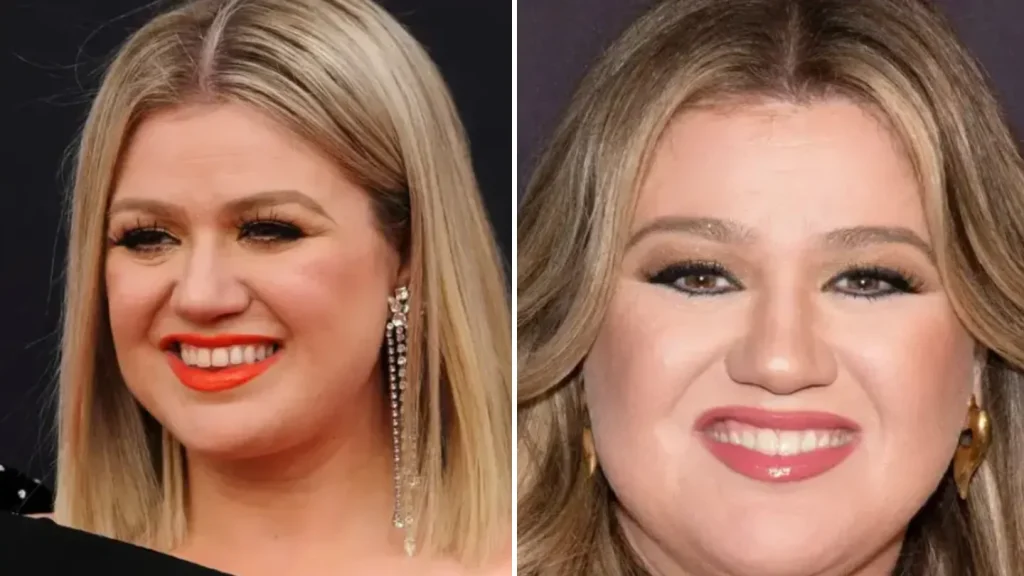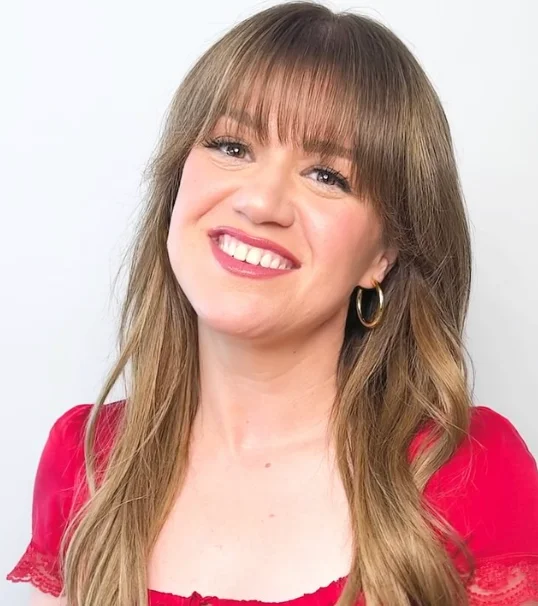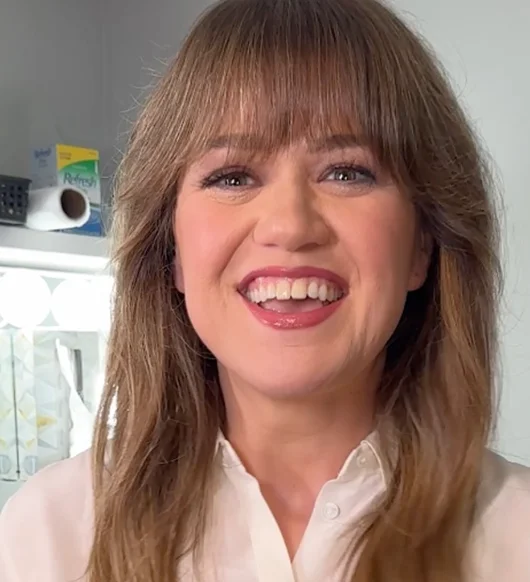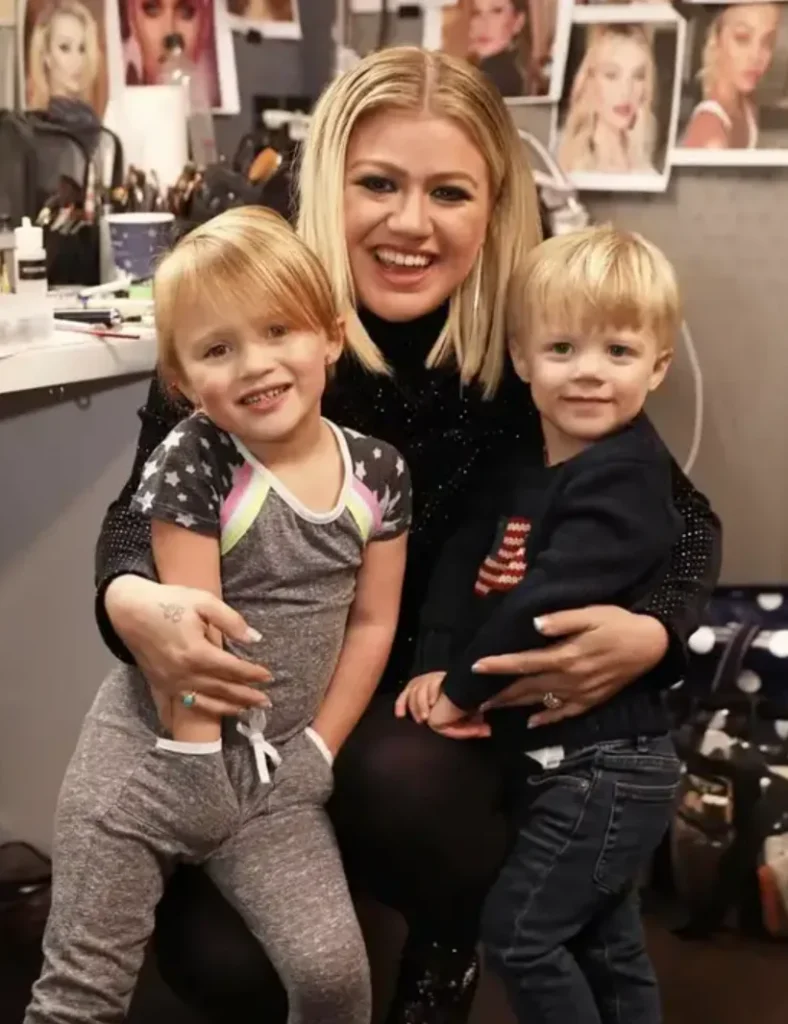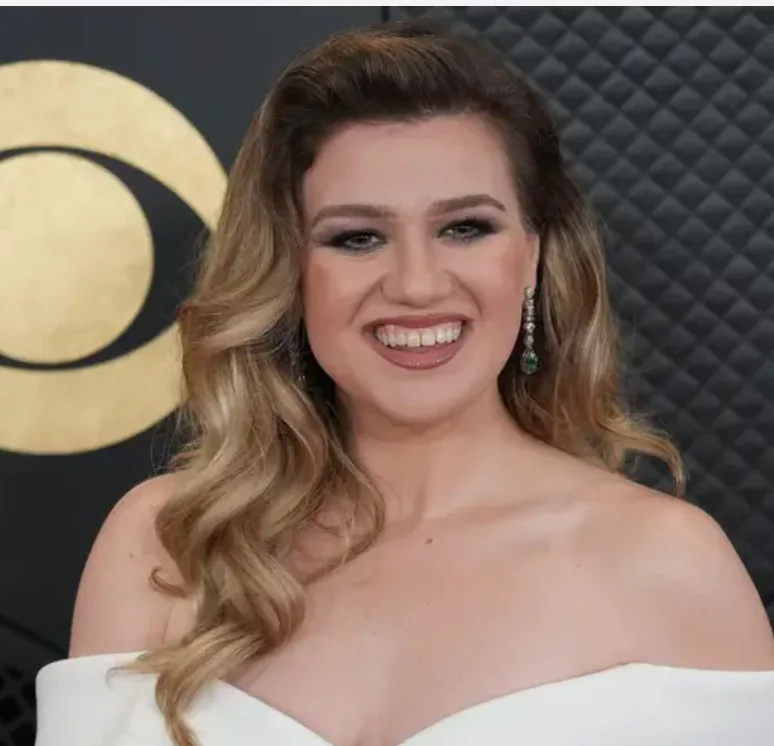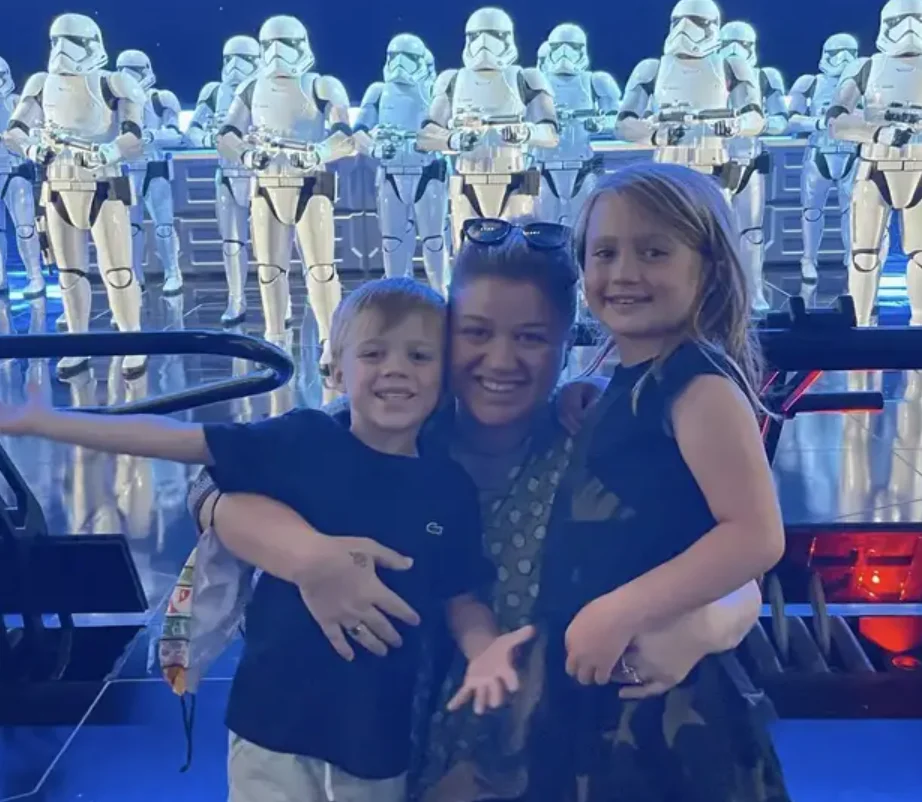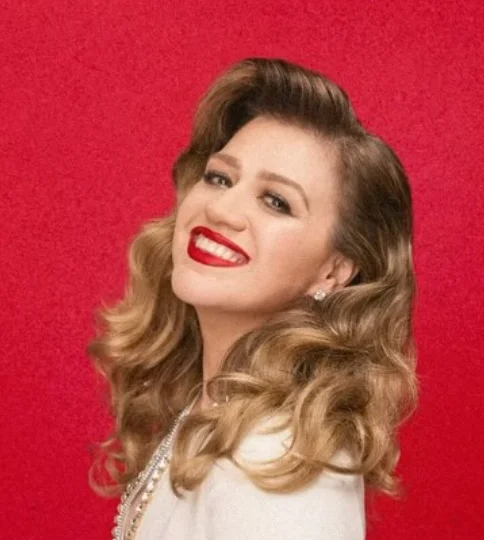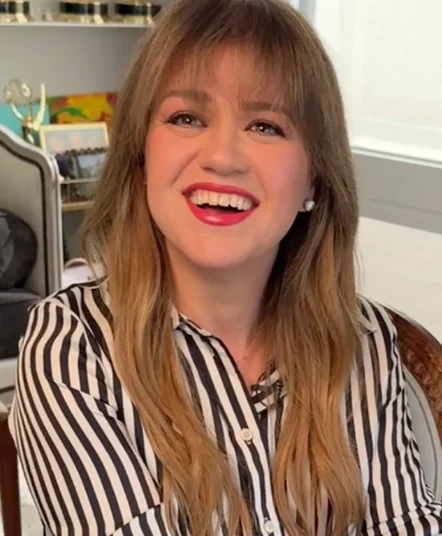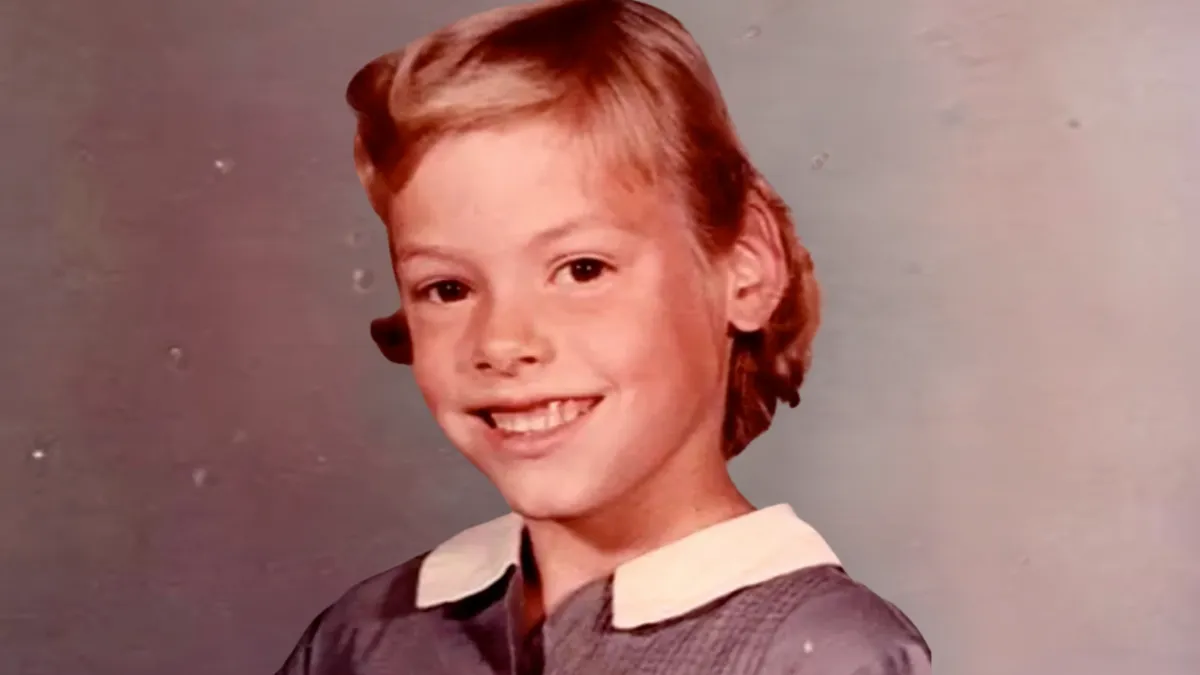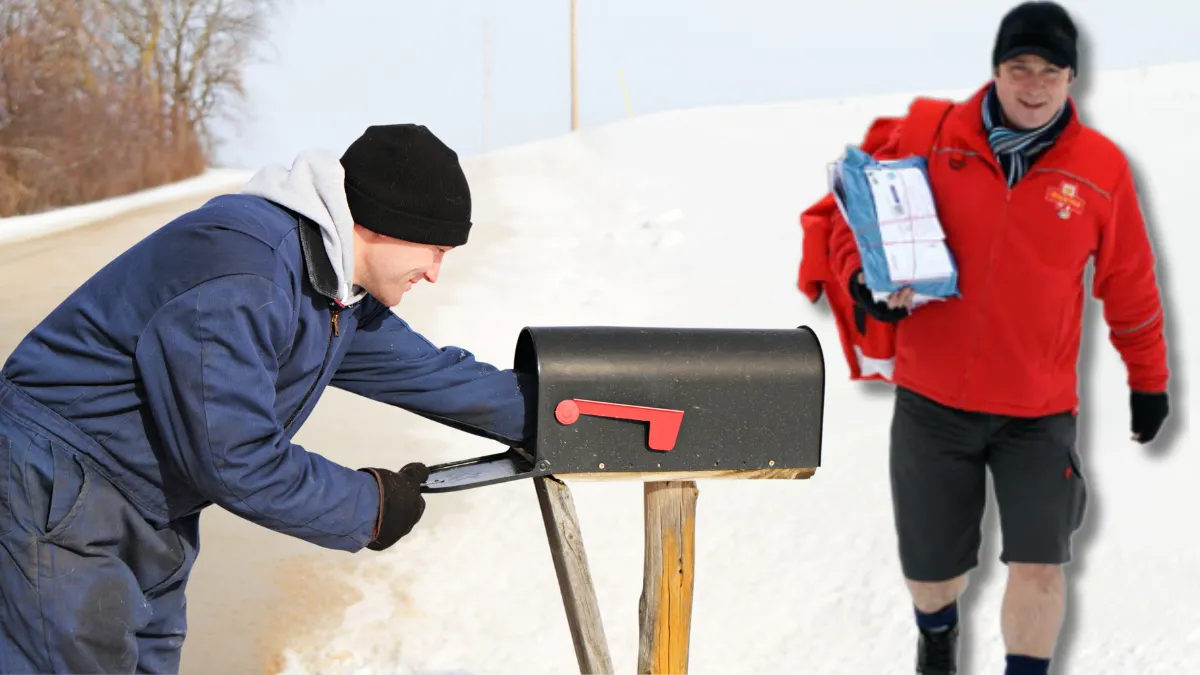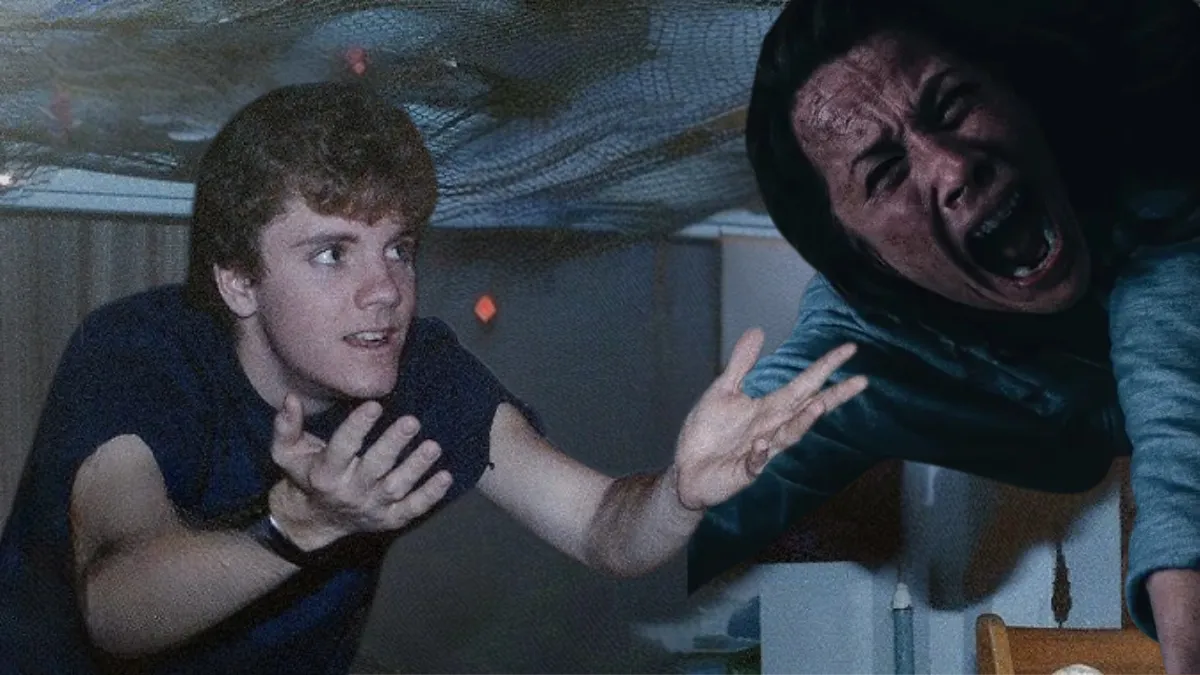Kelly Clarkson, renowned for her powerhouse vocals and chart-topping hits, has always been admired for her openness with fans.
Beyond her career achievements, she’s shared personal insights into her life, making her relatable to audiences worldwide.
From winning the inaugural season of American Idol to becoming a global pop sensation, Clarkson’s journey is nothing short of remarkable.
Her rise to fame catapulted her into the spotlight, where she’s remained a beloved figure in music and entertainment.
While her professional life flourished, her personal life also drew significant public attention.
In 2013, Clarkson married talent manager Brandon Blackstock, and the couple welcomed two children.
River Rose, born in 2014, and Remington Alexander, born in 2016, became central to her world.
However, after nearly seven years of marriage, Clarkson filed for divorce in 2020, citing irreconcilable differences.
The divorce, finalized in 2022, involved a prolonged legal battle over custody, spousal support, and Clarkson’s Montana ranch.
Through it all, the pop star remained committed to her career and her role as a devoted mother.
Clarkson has often spoken candidly about the challenges of balancing motherhood and her demanding career.
In a 2016 interview with Redbook, she revealed her struggle with “mom guilt” as a working parent.
“I have a lot of mom guilt,” she admitted. “You want to be with your kid every day, and you don’t want to miss a moment.”
Despite the challenges, Clarkson has frequently expressed how rewarding parenting has been for her.
Her heartfelt reflections on motherhood have endeared her to fans, creating a connection beyond her music.
However, some of her parenting philosophies have sparked intense public debate over the years.
During a 2018 interview with Atlanta radio station 94.1, Clarkson revealed her approach to disciplining her children.
She shared, “I’m not above a spanking, which people aren’t necessarily into. I don’t mean hitting her hard. I just mean a spanking.”
Clarkson explained that this method stemmed from her own childhood experiences with discipline.
“My parents spanked me, and I did fine in life,” she said. “I feel fine about it, and I do that as well.”
The singer also detailed how she communicates with her children before administering discipline.
“I warn her. I’m like, ‘Hi, I’m going to spank you on your bottom if you don’t stop right now,’” she explained.
Clarkson added that her method had been effective, saying, “Honestly, it’s really helped. She doesn’t do that kind of stuff as often.”
Her comments have reignited discussions on corporal punishment, with critics and supporters voicing strong opinions.
The American Academy of Pediatrics (AAP) opposes corporal punishment, citing its long-term psychological impact.
“Corporal punishment increases aggression in young children,” the AAP stated, “and it may harm brain development.”
Many critics have shared their personal experiences online, warning against the use of spanking as discipline.
One individual wrote, “I was spanked as a kid, and it was traumatizing. I only remember being terrified.”
Another added, “You can’t hit someone and then teach them that hitting is wrong.”
Conversely, Clarkson has received support from others who view spanking as a cultural or effective disciplinary method.
“There’s nothing wrong with that,” one fan wrote. “It’s a way of giving discipline to kids in my culture.”
Despite the divisive responses, Clarkson continues to stand by her beliefs, rooted in her own upbringing.
Her candid admission about spanking has put her at the center of a broader parenting debate.
For Clarkson, being a parent means navigating complex decisions, even when they spark controversy.
Her openness about motherhood and discipline reflects the challenges many parents face today.
As societal norms evolve, the discussion around effective and compassionate parenting remains ongoing.
Clarkson’s comments serve as a reminder of the diverse and deeply personal approaches to raising children.
The discourse around her statements highlights the complexities of parenthood in a rapidly changing world.
In the end, Clarkson’s honesty has fueled not just conversations about discipline but about parenting as a whole.
Her remarks are a testament to the evolving nature of child-rearing, sparking both dialogue and reflection.

